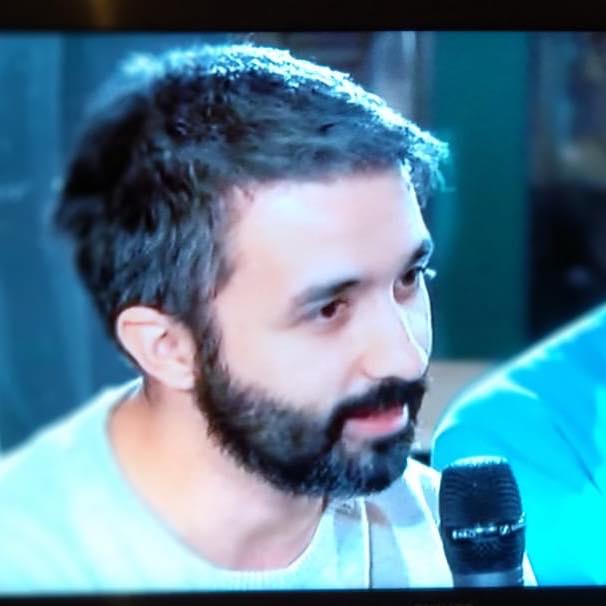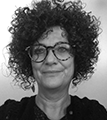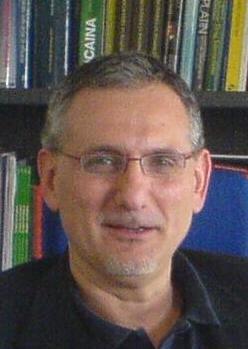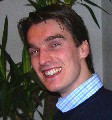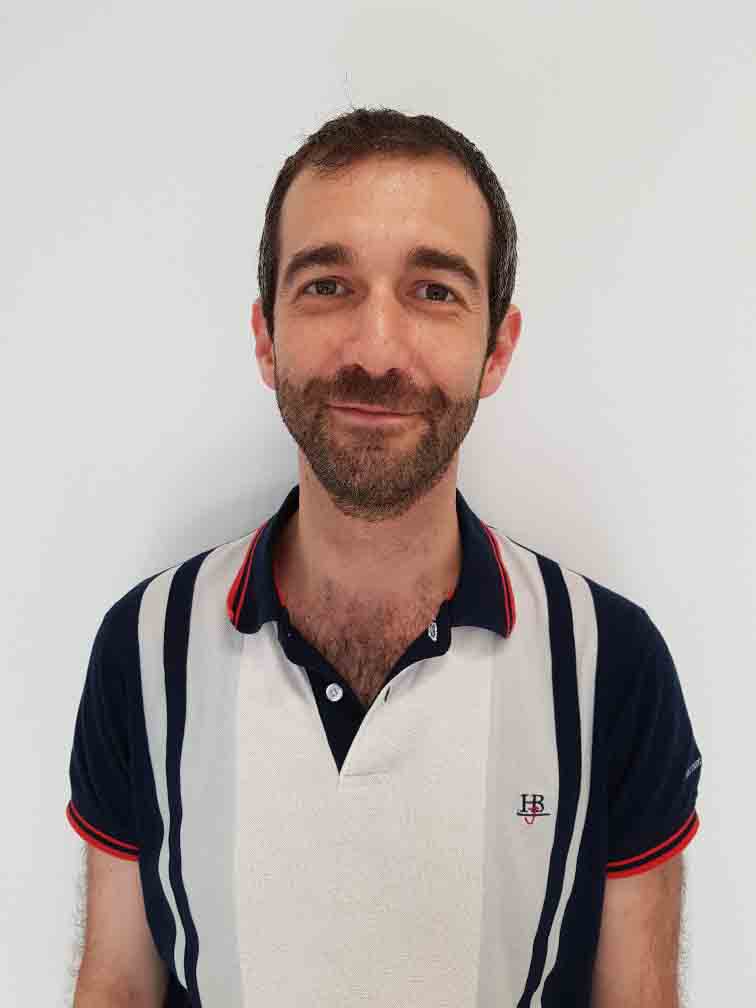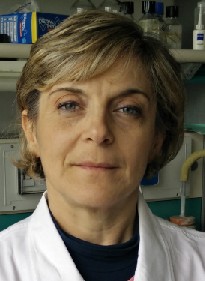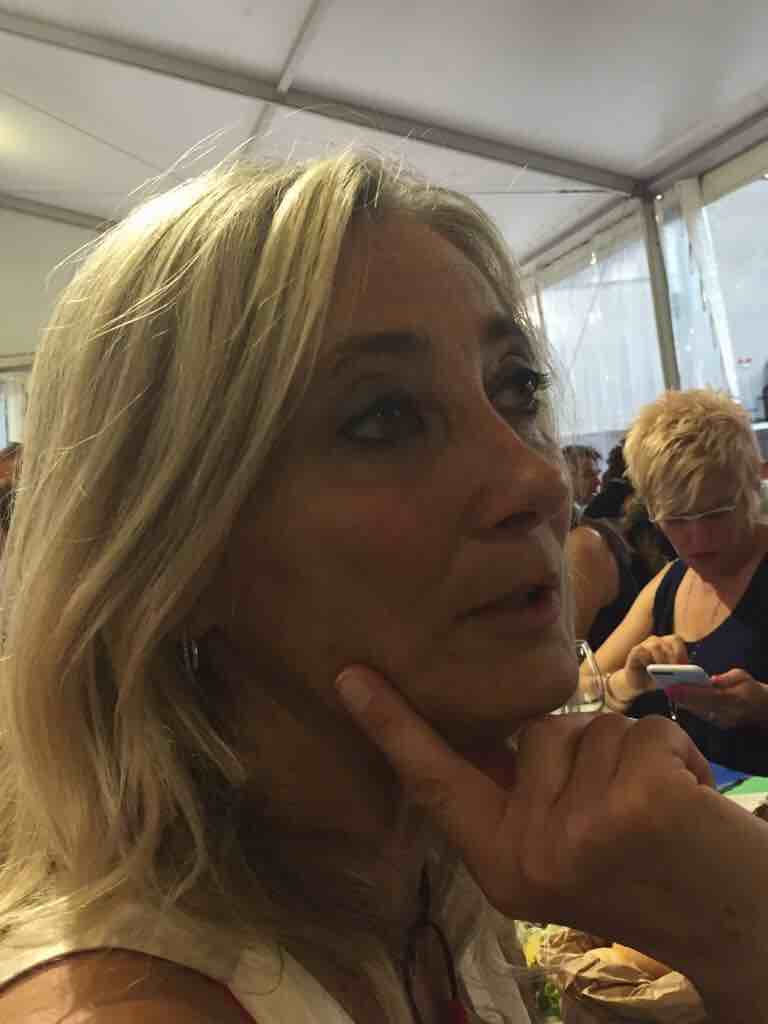Studying at the University of Verona
Here you can find information on the organisational aspects of the Programme, lecture timetables, learning activities and useful contact details for your time at the University, from enrolment to graduation.
Academic calendar
The academic calendar shows the deadlines and scheduled events that are relevant to students, teaching and technical-administrative staff of the University. Public holidays and University closures are also indicated. The academic year normally begins on 1 October each year and ends on 30 September of the following year.
Course calendar
The Academic Calendar sets out the degree programme lecture and exam timetables, as well as the relevant university closure dates..
| Period | From | To |
|---|---|---|
| INF TN - 2° anno 1° sem | Oct 1, 2018 | Dec 12, 2018 |
| INF TN - 1° anno 1° sem | Oct 9, 2018 | Dec 20, 2018 |
| INF TN - 3° anno 1° sem | Oct 16, 2018 | Dec 20, 2018 |
| INF TN - 1° anno 2° sem | Feb 1, 2019 | Apr 2, 2019 |
| INF TN - 3° anno 2° sem | Feb 1, 2019 | Mar 29, 2019 |
| INF TN - 2° anno 2° sem | Apr 29, 2019 | Jun 20, 2019 |
| Session | From | To |
|---|---|---|
| INF TN - sessione invernale 2° anno (1^ parte) | Dec 19, 2018 | Dec 21, 2018 |
| INF TN - sessione invernale 2° anno (2^ parte) | Jan 7, 2019 | Jan 23, 2019 |
| INF TN - sessione invernale 1°-3° anno | Jan 9, 2019 | Jan 31, 2019 |
| INF TN - sessione estiva 3° anno (1^ parte) | Apr 5, 2019 | Apr 17, 2019 |
| INF TN - sessione estiva 1° anno (1^ parte) | Apr 10, 2019 | Apr 30, 2019 |
| INF TN - sessione estiva 2° anno | Jul 3, 2019 | Jul 31, 2019 |
| INF TN - sessione estiva 1° anno (2^ parte) | Jul 17, 2019 | Jul 31, 2019 |
| INF TN - sessione estiva 3° anno (2^ parte) | Jul 19, 2019 | Jul 31, 2019 |
| INF TN - sessione autunnale 2°-3° anno | Sep 6, 2019 | Sep 30, 2019 |
| INF TN - sessione autunnale 1° anno | Sep 9, 2019 | Sep 30, 2019 |
| Session | From | To |
|---|---|---|
| INF - SESSIONE AUTUNNALE | Oct 1, 2019 | Nov 30, 2019 |
| INF - SESSIONE PRIMAVERILE | Mar 1, 2020 | Apr 30, 2020 |
| Period | From | To |
|---|---|---|
| Festa di Ognissanti | Nov 1, 2018 | Nov 1, 2018 |
| Festa dell’Immacolata | Dec 8, 2018 | Dec 8, 2018 |
| Vacanze di Natale | Dec 22, 2018 | Jan 6, 2019 |
| Vacanze di Pasqua | Apr 19, 2019 | Apr 23, 2019 |
| Festa della liberazione | Apr 25, 2019 | Apr 25, 2019 |
| Festa del lavoro | May 1, 2019 | May 1, 2019 |
| Festa della Repubblica | Jun 2, 2019 | Jun 2, 2019 |
| Description | Period | From | To |
|---|---|---|---|
| INF TN - 2° anno 1^ esp | INF TN - 2° anno 1^ esp | Jan 24, 2019 | Mar 1, 2019 |
| INF TN - 2° anno 2^ esp | INF TN - 2° anno 2^ esp | Mar 11, 2019 | Apr 16, 2019 |
| INF TN - 3° anno 1^ esp | INF TN - 3° anno 1^ esp | Apr 29, 2019 | Jun 5, 2019 |
| INF TN - 1° anno 1^ esp | INF TN - 1° anno 1^ esp | May 2, 2019 | Jun 5, 2019 |
| INF TN - 3° anno 2^ esp | INF TN - 3° anno 2^ esp | Jun 10, 2019 | Jul 16, 2019 |
| INF TN - 1° anno 2^ esp | INF TN - 1° anno 2^ esp | Jun 11, 2019 | Jul 12, 2019 |
| INF TN - 2° anno 3^ esp | INF TN - 2° anno 3^ esp | Sep 3, 2019 | Oct 11, 2019 |
| INF TN - 3° anno 3^ esp | INF TN - 3° anno 3^ esp | Sep 3, 2019 | Oct 22, 2019 |
Exam calendar
Exam dates and rounds are managed by the relevant Medicine Teaching and Student Services Unit.
To view all the exam sessions available, please use the Exam dashboard on ESSE3.
If you forgot your login details or have problems logging in, please contact the relevant IT HelpDesk, or check the login details recovery web page.
Should you have any doubts or questions, please check the Enrollment FAQs
Academic staff
 mariangelabassetti@gmail.com
mariangelabassetti@gmail.com
 anita.bevilacqua@apss.tn.it
anita.bevilacqua@apss.tn.it
 borghesi.a@mail.apss.tn.it
borghesi.a@mail.apss.tn.it
 elena.bravi@apss.tn.it
elena.bravi@apss.tn.it
 cembrani@apss.tn.it
cembrani@apss.tn.it
 dellai@tn.apss.tn.it
dellai@tn.apss.tn.it
 alessandra.magotti@tin.it
alessandra.magotti@tin.it
 loredana.pancheri@univr.it
loredana.pancheri@univr.it
 marina.pecoraro@apss.tn.it
marina.pecoraro@apss.tn.it
 cinzia.vivori@apss.tn.it
cinzia.vivori@apss.tn.it
Zadra Tania
Study Plan
The Study Plan includes all modules, teaching and learning activities that each student will need to undertake during their time at the University.
Please select your Study Plan based on your enrollment year.
1° Year
| Modules | Credits | TAF | SSD |
|---|
Professional Laboratories (1st year)
2° Year activated in the A.Y. 2019/2020
| Modules | Credits | TAF | SSD |
|---|
Professional Laboratories (2nd year)
3° Year activated in the A.Y. 2020/2021
| Modules | Credits | TAF | SSD |
|---|
Professional Laboratories (3rd year)
| Modules | Credits | TAF | SSD |
|---|
Professional Laboratories (1st year)
| Modules | Credits | TAF | SSD |
|---|
Professional Laboratories (2nd year)
| Modules | Credits | TAF | SSD |
|---|
Professional Laboratories (3rd year)
Legend | Type of training activity (TTA)
TAF (Type of Educational Activity) All courses and activities are classified into different types of educational activities, indicated by a letter.
Relationship in nursing care (2019/2020)
The teaching is organized as follows:
Learning outcomes
The course aims to offer students knowledge and methods to develop relational skills declined in professional and educational relationships. It introduces the student to a global vision of psychological development, of factors that interact to understand the needs expressed by persons and/ or caregivers, considering the stages of life development and the events that can go through it (illness, mourning, chronicity). It also proposes a deepening of the founding principles of the care relationship, of the techniques and strategies for managing effective communication with the person and the family. It is proposed to develop skills in educational planning, directed preferentially to people with chronic diseases in order to promote the learning of self-care and empowerment skills.
Program
Clinical psychology: the basic functions of human thought and behavior that can influence prevention and treatment behaviors; coping and defense mechanisms to the disease; attitudes that influence therapeutic compliance; emotional and psychological implications of caring sick children and terminally ill people.
Principles and techniques of caring relationship: communicative process; models of helping relationship; distortions in communication, characteristics of a good caring relationship; patient's agenda.
Therapeutic education: definitions, aims, recipients of therapeutic education; the stages of educational planning; stages of behaviors change; concept of self-efficacy and locus of control; characteristics of educational counseling, critical analysis of written information/education materials.
Bibliography
| Author | Title | Publishing house | Year | ISBN | Notes |
|---|---|---|---|---|---|
| Brugnolli A., Saiani L. | Trattato di cure infermieristiche (Edizione 2) | Idelson-Gnocchi srl - SORBONA | 2014 |
Examination Methods
The exam consists in a multiple choice and open questions over the concepts covered in the three courses. 20% of the questions will assess the theoretical knowledge and the conceptual definitions; 40% of the questions will verify the students' ability to apply the learned techniques to the assessment and interpretation of specific scenarios; 40% of the questions will verify the students' ability to apply the learned techniques to solve specific scenarios.
The exam will be passed by achieving the minimum passing score on all three modules.
Career prospects
Module/Programme news
News for students
There you will find information, resources and services useful during your time at the University (Student’s exam record, your study plan on ESSE3, Distance Learning courses, university email account, office forms, administrative procedures, etc.). You can log into MyUnivr with your GIA login details: only in this way will you be able to receive notification of all the notices from your teachers and your secretariat via email and soon also via the Univr app.
Gestione carriere
Orario lezioni
Documents
| Title | Info File |
|---|---|
|
|
pdf, it, 437 KB, 07/03/24 |
|
|
pdf, it, 457 KB, 16/04/24 |
|
|
pdf, it, 450 KB, 05/04/24 |
|
|
pdf, it, 628 KB, 08/01/24 |
|
|
pdf, it, 1453 KB, 07/02/24 |
Guida ai programmi degli insegnamenti
Guida ai programmi degli insegnamenti
Documents
| Title | Info File |
|---|---|
|
|
pdf, it, 1594 KB, 12/12/22 |
|
|
pdf, it, 1310 KB, 02/09/21 |
Graduation
Documents
| Title | Info File |
|---|---|
|
|
pdf, it, 242 KB, 19/01/24 |
|
|
pdf, it, 80 KB, 06/04/24 |
|
|
pdf, it, 43 KB, 06/04/24 |
|
|
pdf, it, 44 KB, 09/04/24 |
|
|
pdf, it, 148 KB, 06/04/24 |
|
|
pdf, it, 108 KB, 06/04/24 |
|
|
pdf, it, 115 KB, 06/04/24 |
|
|
pdf, it, 1487 KB, 18/02/22 |
|
|
pdf, it, 437 KB, 22/03/24 |
|
|
pdf, it, 957 KB, 22/03/24 |
|
|
pdf, it, 424 KB, 19/01/24 |
Linee guida per riconoscimento cfu
Lo studente che intende chiedere il riconoscimento di moduli o insegnamenti pregressi dovrà presentare domanda, entro il 30 novembre dell’anno accademico in corso, seguendo le indicazioni indicate al link seguente: https://www.univr.it/it/i-nostri-servizi/segreterie-studenti/gestione-carriere-studenti-medicina-e-chirurgia/riconoscimento-crediti-acquisiti-da-una-carriera-pregressa-medicina
Documents
| Title | Info File |
|---|---|
|
|
pdf, it, 295 KB, 09/11/21 |
Student login and resources
Attività didattiche regime part-time
Modalità di richiesta
La domanda di iscrizione part-time può essere presentata all'inizio di ogni anno accademico e comunque entro il 30 novembre di ogni anno. Entro lo stesso termine, se necessario, lo studente potrà richiedere di tornare al regime full-time. Al link seguente la pagina del servizio https://www.univr.it/it/i-nostri-servizi/segreterie-studenti/flessibilita-nella-frequenza-dei-corsi/possibilita-di-iscrizione-part-time-e-ripristino-full-time
Una volta inviata la domanda, lo studente concorda in via preventiva con il Coordinatore della didattica professionale (CDP), il piano di studi che intende perseguire nel periodo di part-time compilando il modulo in allegato
Documents
| Title | Info File |
|---|---|
|
|
octet-stream, it, 1309 KB, 21/10/22 |
Appelli d'esame
Appelli d'esame
Documents
| Title | Info File |
|---|---|
|
|
pdf, it, 429 KB, 17/04/24 |
|
|
pdf, it, 2762 KB, 15/12/22 |
Tirocinio Professionalizzante
Tirocinio Professionalizzante
Attività Seminariali e a scelta dello studente
Attività Seminariali e a scelta dello studente
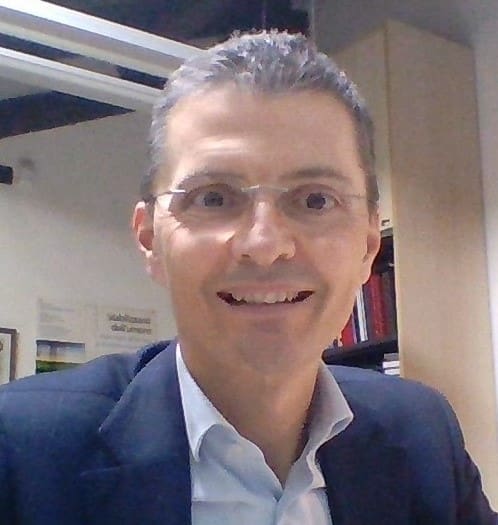
 +39 0458126418
+39 0458126418

